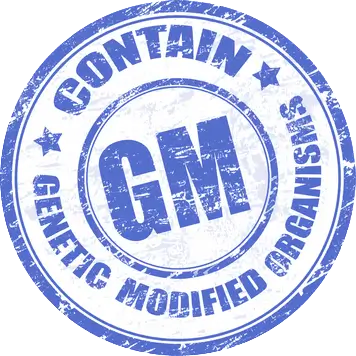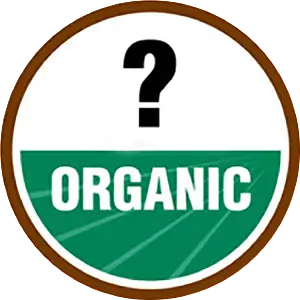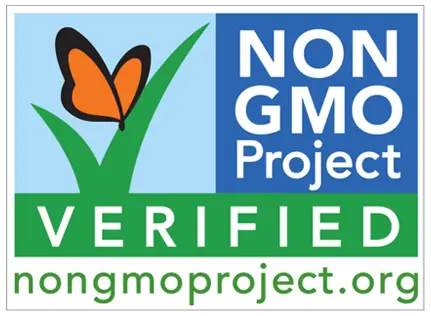Genetically Modified Organisms (GMOs) are organisms whose genetic material has been altered using genetic engineering techniques. These are primarily used in agriculture to enhance traits such as yield, pest resistance, and herbicide tolerance. GMOs are prevalent in many staple crops like corn, soybean, and cotton, with a significant portion of such crops in countries like the USA being genetically modified.

GMO testing plays a crucial role in the agricultural and food industries, addressing the needs of various stakeholders including regulatory bodies, businesses, and consumers. This testing is fundamental for several reasons:
GMO regulatory policy varies widely around the globe. Many countries and regions, such as the European Union, have regulations regarding:

Commercial contracts may stipulate GMO testing to ensure product compliance with specific GMO content requirements. This testing is crucial for businesses to:
Therefore, to meet contract requirements, companies may need to conduct GMO testing on both inputs and/or final products.

To maintain standards and substantiate product claims, companies engage in GMO testing for several key reasons:
FoodChain ID's GMO testing services are a critical component of the verification process, ensuring meticulous quality control from raw ingredients to finished goods.

GMOs are organisms whose genetic material has been altered through genetic engineering techniques to possess specific desired traits such as increased yield, pest resistance, or herbicide tolerance.
GMOs are prevalent in many staple crops, including corn, soybean, and cotton. In the USA, a significant portion of these crops are genetically modified.
GMO testing is crucial for ensuring regulatory compliance, meeting commercial contract requirements, and maintaining internal quality standards. It serves the needs of stakeholders such as regulatory bodies, businesses, and consumers.
GMO testing ensures that agricultural producers comply with diverse global regulations, such as which GMOs may be cultivated or imported and how products containing GMOs should be labeled.
Non-compliance can lead to legal issues, financial penalties, and damage to the company's reputation due to the breach of regulations and consumer trust.
Qualitative GMO testing is used to confirm that GMOs are "not detected" in a product or ingredient. It is required in some business-to-business contracts to ensure the product meets certain non-GMO criteria.
Quantitative GMO testing measures the specific level of GMO content in a product to ensure it is below a predefined threshold, such as 0.1% or 0.9% GMO.
Seed companies conduct GMO tests to confirm the purity and identity of their seeds, ensuring they meet specific genetic profiles and are free from unintended genetic modifications.
Manufacturers or processors may use GMO testing to ensure their products adhere to their own "non-GMO" standards, which supports the validity of "non-GMO" claims on their product labeling.
GMO testing is often a requirement for certification programs like the Non-GMO Project, verifying that products meet stringent non-GMO standards and allowing them to carry the certification seal.
Get Your Products GMO-tested Today!
© 2024 FoodChain ID | Privacy Policy | Terms Of Use | Internet Marketing by Authority Solutions®